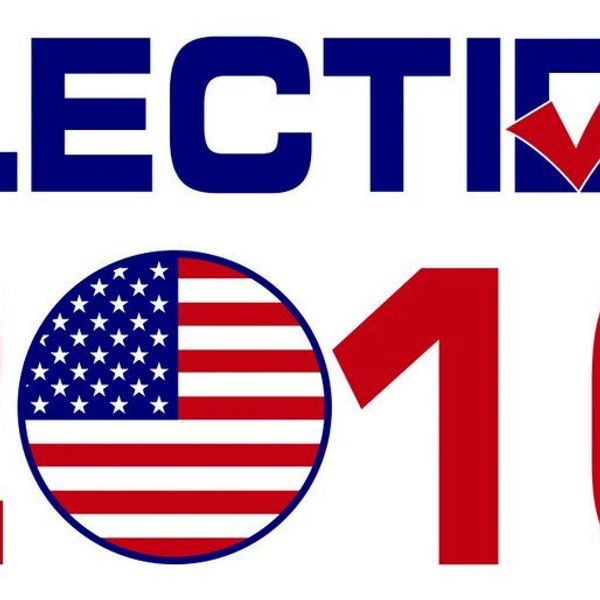For much of the 20th century, Catholics in America generally took the Democratic Party as their political home. However, in the wake of radical 1960s movements and the Democratic Party’s official acceptance of abortion rights as established by Roe v. Wade, many Catholics began to feel more comfortable in the Republican Party, which officially aligned much more closely with the Church’s teaching on abortion and issues of sexual and marital morality.
Many Catholics have nonetheless continued to think that the Democratic Party, with its characteristic emphases on economic solidarity, environmental concern and racial reconciliation (among other significant issues), is on the whole better aligned with the Church’s teaching than the Republican Party. There are, after all, good reasons why Bernie Sanders is much more vocally enthused about Pope Francis than any other 2016 presidential contender has been. For pro-life Catholic Democrats like Gov. Tim Kaine, Hillary Clinton’s recently-selected running mate, their party’s official stance on abortion presents an enduring problem: how can they reconcile their moral opposition to abortion with their Party’s broadly-established acceptance of it as a legal right?
For certain Catholic Democrats, like Pennsylvania Sen. Bob Casey, Jr. and Louisiana Gov. John Bel Edwards, political opposition to abortion is politically feasible, in part due to their particular constituencies. Yet Catholic Democrats at the national level find it politically necessary to partition their moral conviction from their party’s political stance: as Tim Kaine has put it, he’s personally opposed to abortion but also sworn to uphold the law, which grants a right to abortion.
Many conservative Catholics tend to, not always cynically, lambast that kind of position as unworkable. To them, the splitting of “personal opposition” from political priorities makes it sound less like a deep moral conviction and more like a matter of individual taste: “Ehh, it’s not for me, but to each his own.” I tend to agree with this criticism, not because I think that kind of partitioning is always inappropriate–I think that it may sometimes be necessary–but because the Constitution is explicitly open to change. In the United States, government officials can work to change the law, even up to the level of the Constitution. They swear not to maintain the precise status quo but to undertake any change carefully, through established means, rather than trying to simply topple any part of the constitutional order.
Is there any way for a Catholic to pursue faithful political priorities through the Democratic Party and be viable as a national-level Democrat while expressing the hope that, at the very least, Roe v. Wade will someday be overturned? Here’s the sort of answer that I wish a figure like Tim Kaine (or Joe Biden, or Nancy Pelosi, et al.) would offer, rather than the usual “personally opposed” formulation:
“I oppose abortion. It’s something I don’t think I could ever countenance. I think that the moral problem with abortion–its violation of the good of human life–can be clear to everyone, and that one can oppose abortion as a matter of genuine humanitarian concern rather than just a holdover of patriarchy. Because it is universally recognizable as such a moral wrong, I think that our nation’s laws should establish that recognition rather than accepting abortion as a legal right, and I hope that someday they will."
Yet I’m not pressing to make today that day. I recognize that for many women in many situations who become pregnant, carrying the child to term is an incredibly difficult prospect, especially for women who lack certain kinds of socioeconomic assurance. I’m interested in pursuing the Democratic goal of providing for the needy, and I hope to collaborate with Republicans who support whatever welfare is necessary to help women decide against abortion. I want to speak and act for the growing group of Americans who recognize the human life in the womb and who seek an America where abortion can safely be rare. I don’t want to topple the status quo, but I want our nation’s laws to move with the broad coalition of Americans who increasingly hope for a world free of abortion.”
Of course, I can’t guarantee that this truly expresses the convictions of any pro-life Catholic Democrat besides, well, myself. Plus, it’s possible that this kind of formulation could someday–even someday soon–become antiquated: if the future of the Democratic Party looks more like Hillary Clinton than Bernie Sanders, and if the Republican Party deeply adopts and adapts certain strains of Trumpism, the GOP might become the party of cultural conservatism and economic solidarity and temperate foreign policy, an appealing Red Tory-ish combination. (I’m not sure how likely that development is, but it’s possible.) For now, I hope that I’ve offered a workable formulation by which Catholic Democrats might be faithful to their Church and effective within their party.
For those who read my prior piece: I’ll plan to resume my discussion of Girard-inflected relational criticism next week.





















